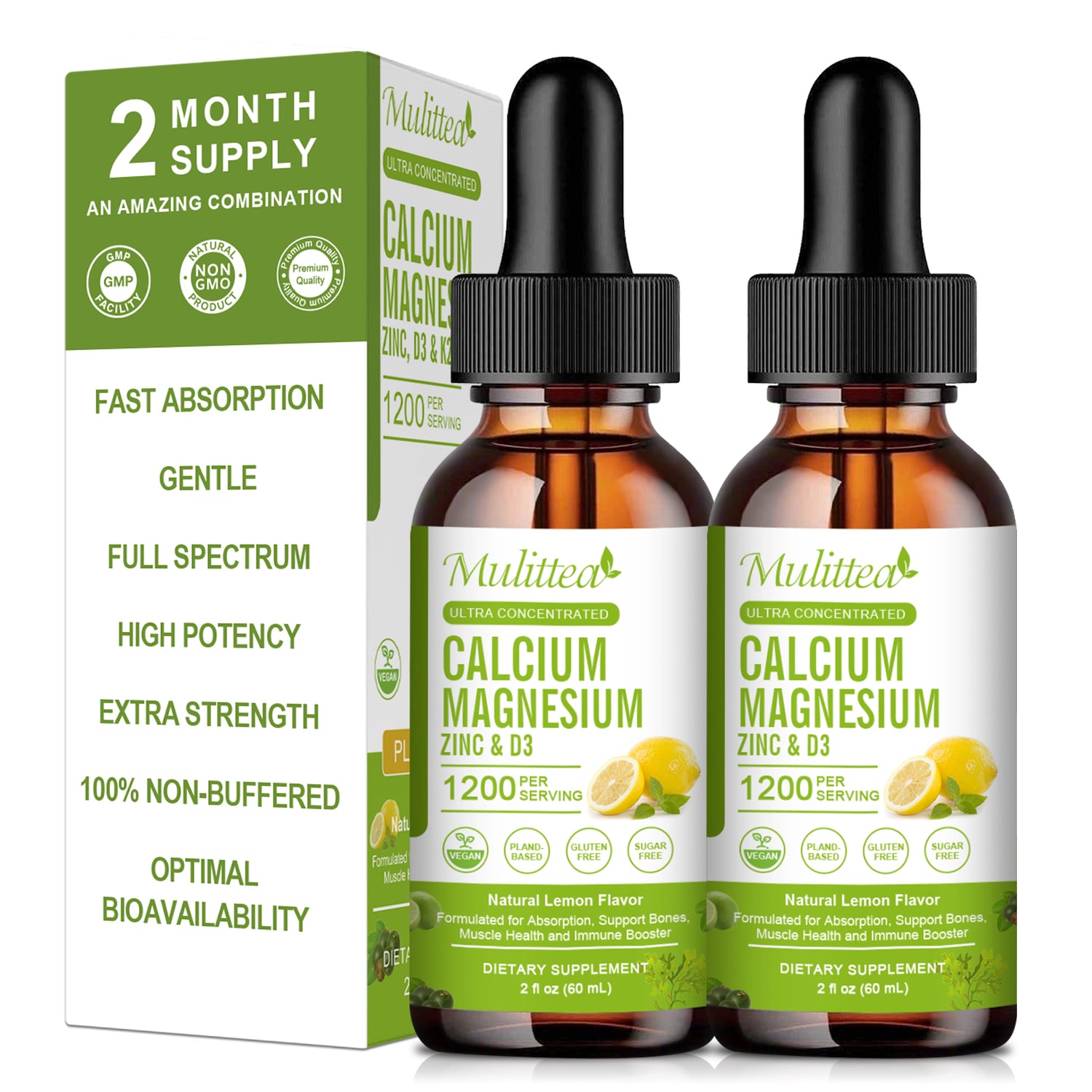
5 Expert Vitamin D3 K2 & Gut Health Insights for Your Summer Wellness
Share
Feeling scorching summer days drain your energy and digestion? If Vitamin D has been on your radar, you might wonder: is vitamin d and d3 the same? And more importantly, does vitamin d help your gut health? In this article, you’ll uncover how Vitamin D3 K2 can support your gut during sunny months—no hype, just real, science-backed insight and easy nutrition steps to help you feel your best this summer.
Understanding Vitamin D Deficiency in Summer
1. You might still be low in vitamin d
Despite sunny weather, factors like sunscreen, indoor lifestyles, and skin tone can keep your vitamin D levels low. Studies suggest many Americans still experience vitamin D deficiency, even in summer months.
2. Vitamin D vs D3 — what's the difference?
-
Vitamin D is the umbrella term.
-
Vitamin D3 (cholecalciferol) is the form your body naturally makes from sunlight and the one included in supplements.
So, vitamin d3 is essentially a trusted, usable form of vitamin D.
Why D3 K2 Matters for Gut & Digestive Health
1. Boosting intestinal permeability support
Vitamin D receptors line your gut wall, helping maintain tight junctions and reducing “leaky gut.” This supports digestive comfort and immunity.
2. Aiding digestion with smart nutrient pairing
Combining Vitamin D3 K2 with probiotics and prebiotic fiber can support balanced microbiome activity—key for vitamins to aid digestion and reduce issues like bloating or IBS discomfort.
Studies show D3 K2 benefits include supporting gut health supplements synergy.
3. Balanced approach for overall bone health
While vitamin D supports calcium absorption, pairing with K2 helps direct calcium to bones, away from tissues—making it a dual-purpose option for bone health and gut wellness.

Smart Use—How Much Vitamin D3 Should I Take Daily?
1. Meet your daily needs—but don’t overdo it
Most adults benefit from 1,000–2,000 IU per day; some may need more (e.g., those with darker skin or less sun exposure).
You can also ask your doctor for a vitamin D level test.
2. Can I take vitamin d at night?
Yes! It’s fine anytime. Some prefer morning to sync with sunlight, but timing doesn’t affect absorption.
3. How long does it take for vitamins to start working?
Consistent daily intake can support vitamin D levels within weeks, though you may notice gut and energy benefits in about 4–6 weeks.
FAQs on Gut Health Supplements & Vitamin D3 K2
-
Is vitamin D helping with IBS?
Some research indicates vitamin D can support gut comfort and reduce IBS symptoms—but it’s not a cure.
-
Should I take vitamin D supplements if I don't go out at all?
Yes, daily supplementation of Vitamin D3 K2 can fill the sun gap and support gut lining, immune function, and bone health.
-
Best vitamins for stomach health?
Look for D3+K2 combos, probiotics, and gentle digestive enzymes for everyday gut support.
Your Easy Summer Routine for Gut Health & Vitamin D
- Take one Vitamin D3 K2 softgel daily with food for absorption.
- Include prebiotic fiber (oats, bananas) and quality probiotics.
- Get moderate sun exposure (10–20 minutes) with face and arms exposed, sunscreen elsewhere.
- Eat vitamin-D-rich foods: oily fish, fortified plant milks.
- Stay consistent—routine is key to gut resilience.
Wrap‑Up: Your Summer Self‑Care Starts in the Gut
This summer, treating your gut kindly—with supportive nutrition like Vitamin D3 K2, fiber, and balanced probiotics—can enhance digestion, energy, and well-being. You’re not just taking a supplement; you’re giving your intestinal permeability and gut microbiome the care they deserve under the sun.

